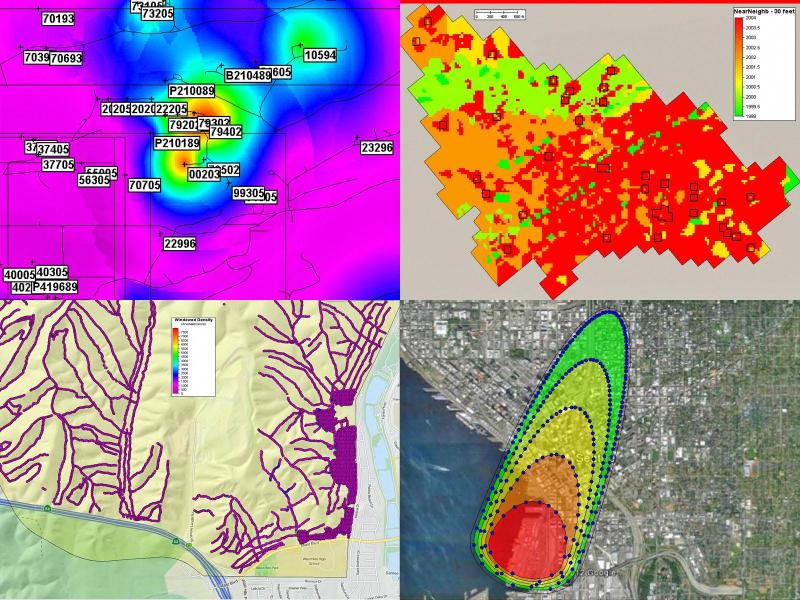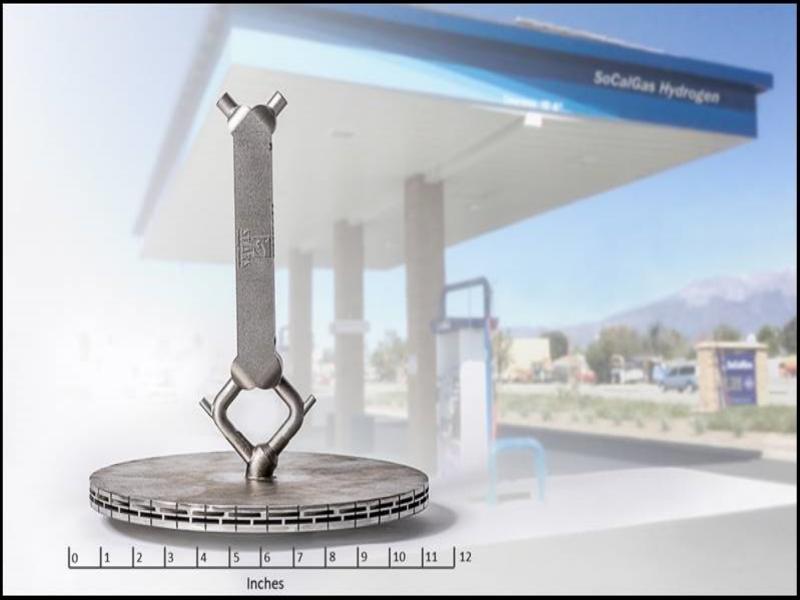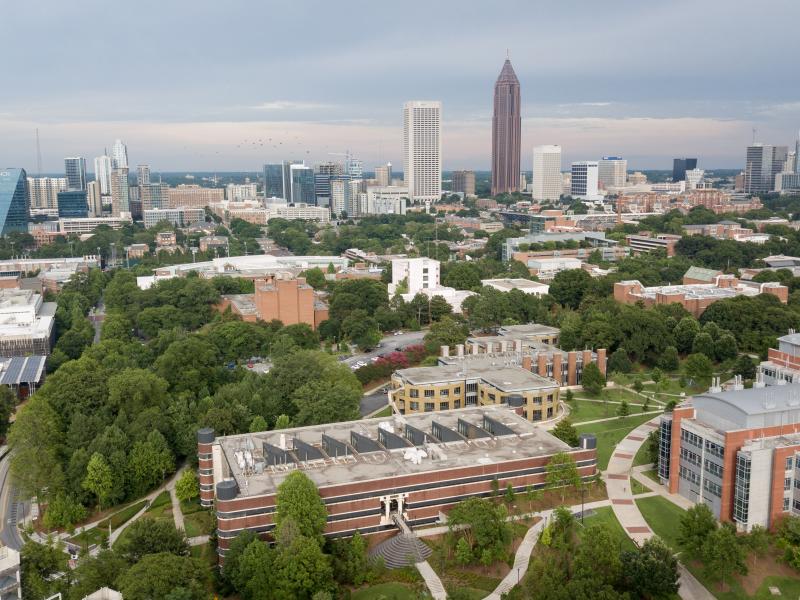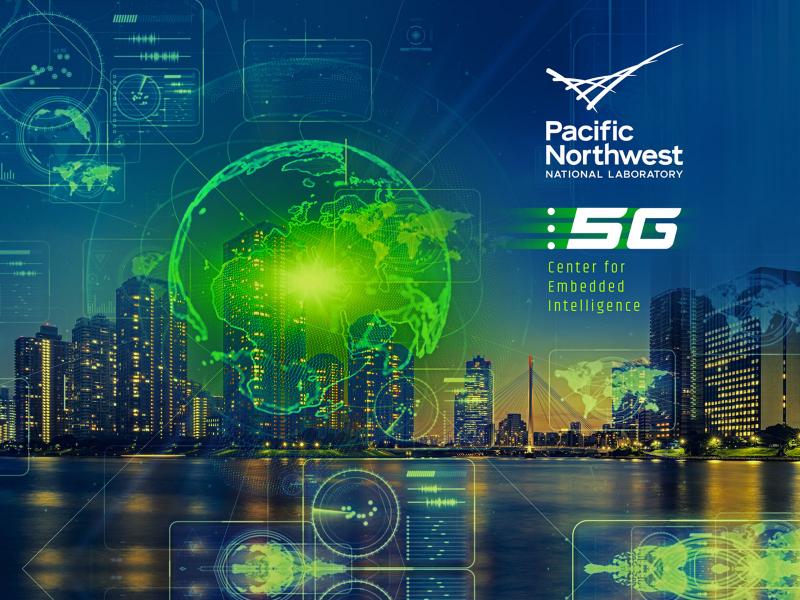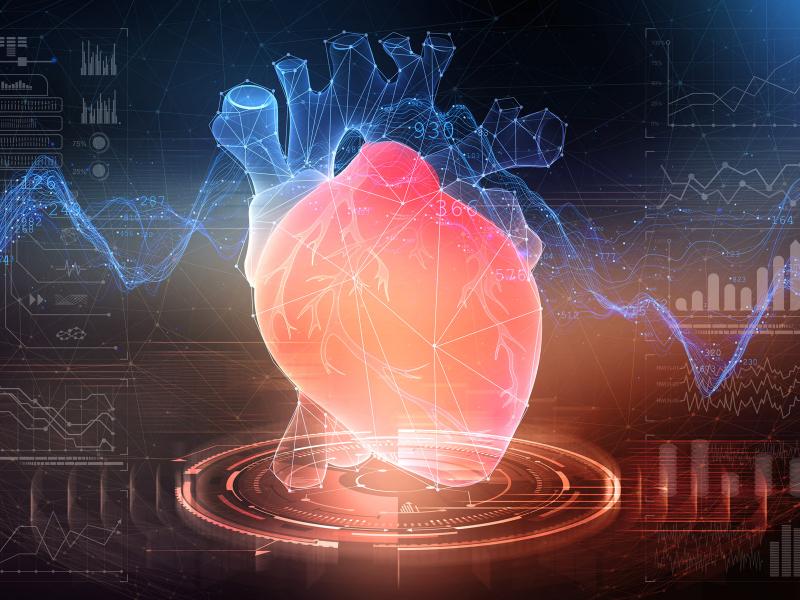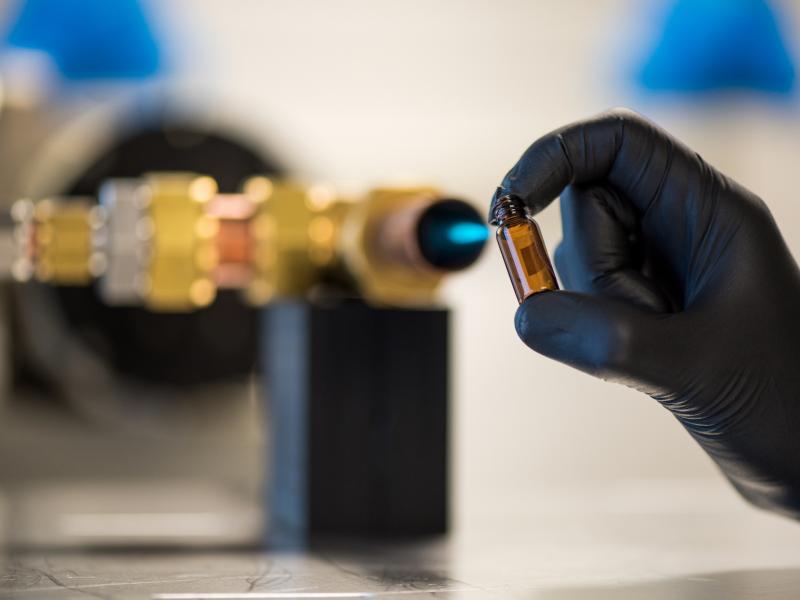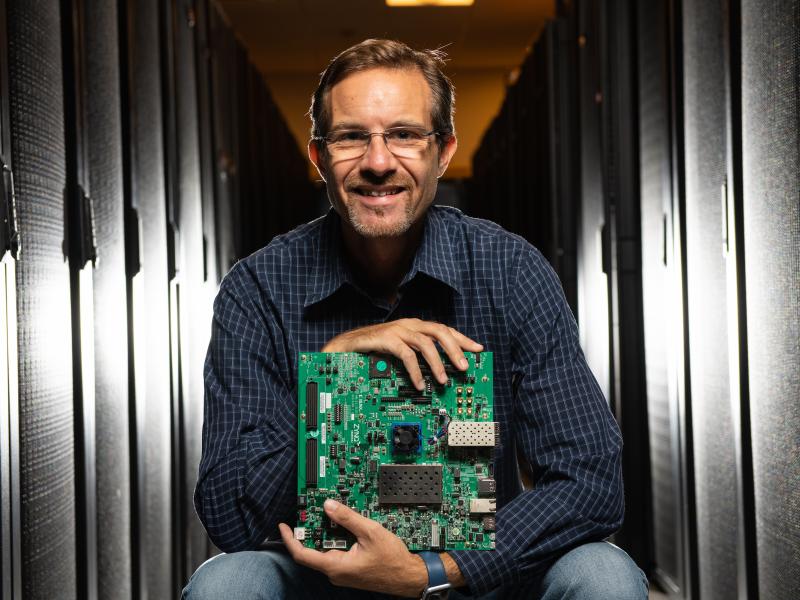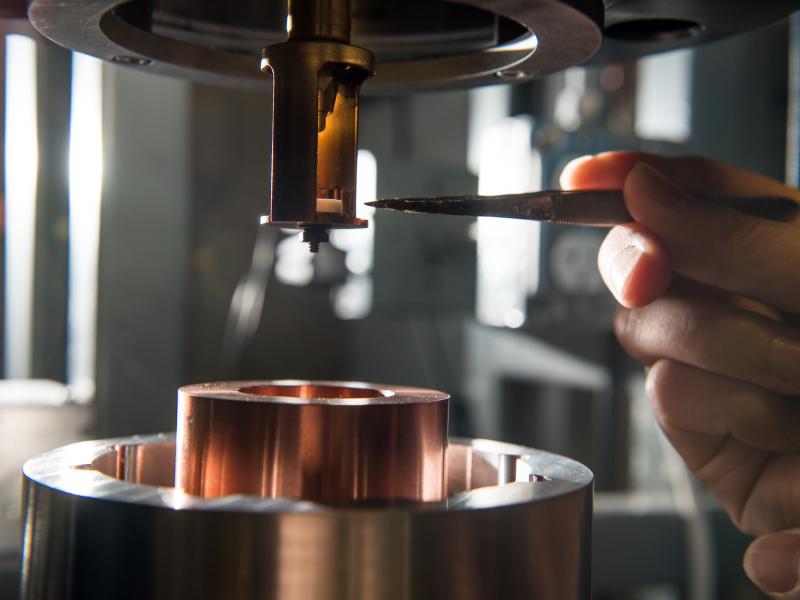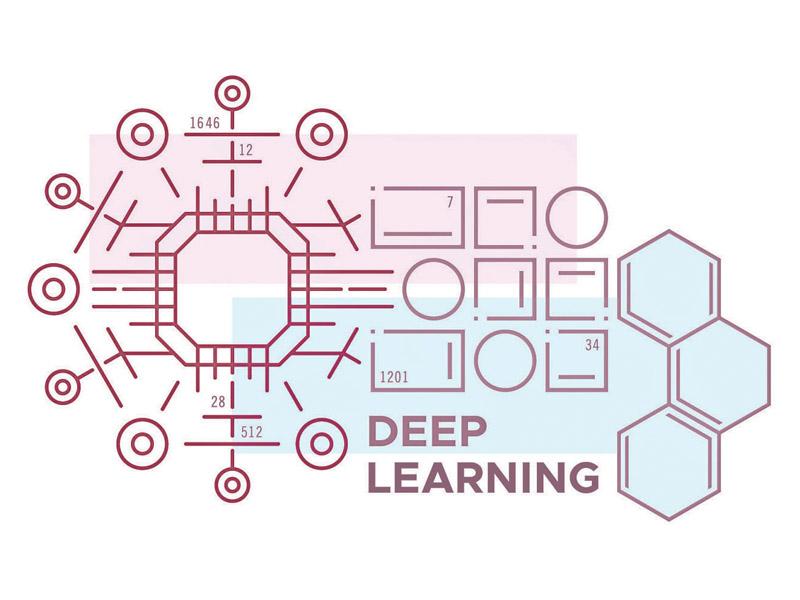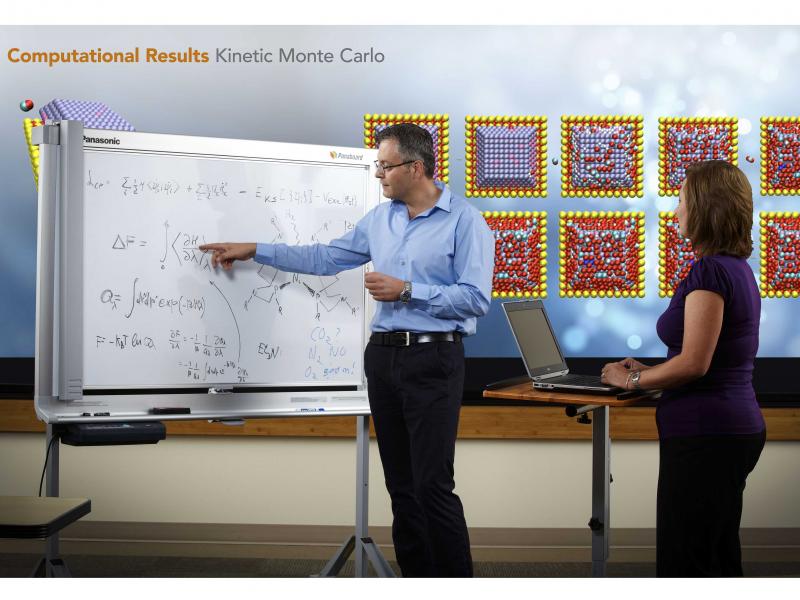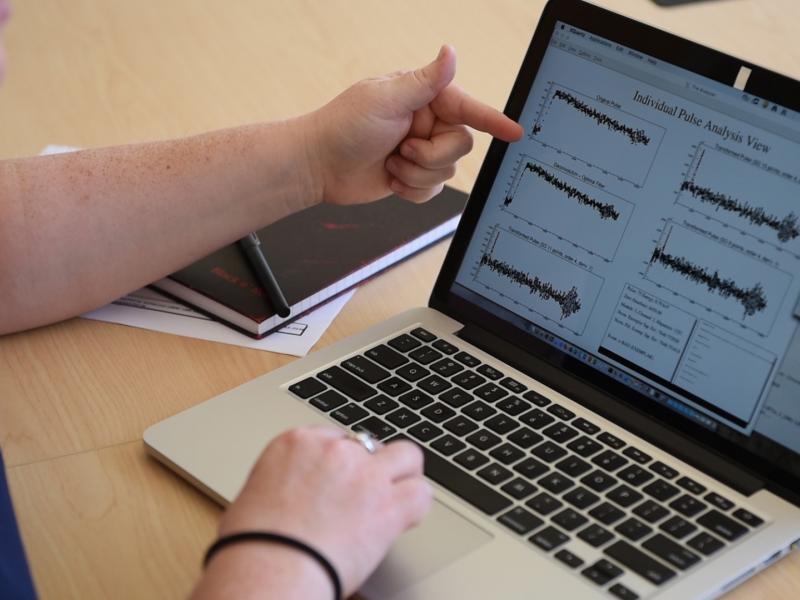Featured Stories
September 23, 2025
At PNNL, AI Is Accelerating the U.S. Bioeconomy
September 22, 2025
Looking Back, Moving Forward: Reflections from a Decade as PNNL Director
September 17, 2025
Breakthrough Could Bring Friction Stir Welding to Assembly Lines
September 3, 2025
Scientists Probe Powerful Molecular Messaging System That Goes Beyond DNA
Subscribe
to receive PNNL
news by email:
Latest Stories
25 results found
Filters applied: Graph and Data Analytics, Hydrogen & Fuel Cells, News Release









